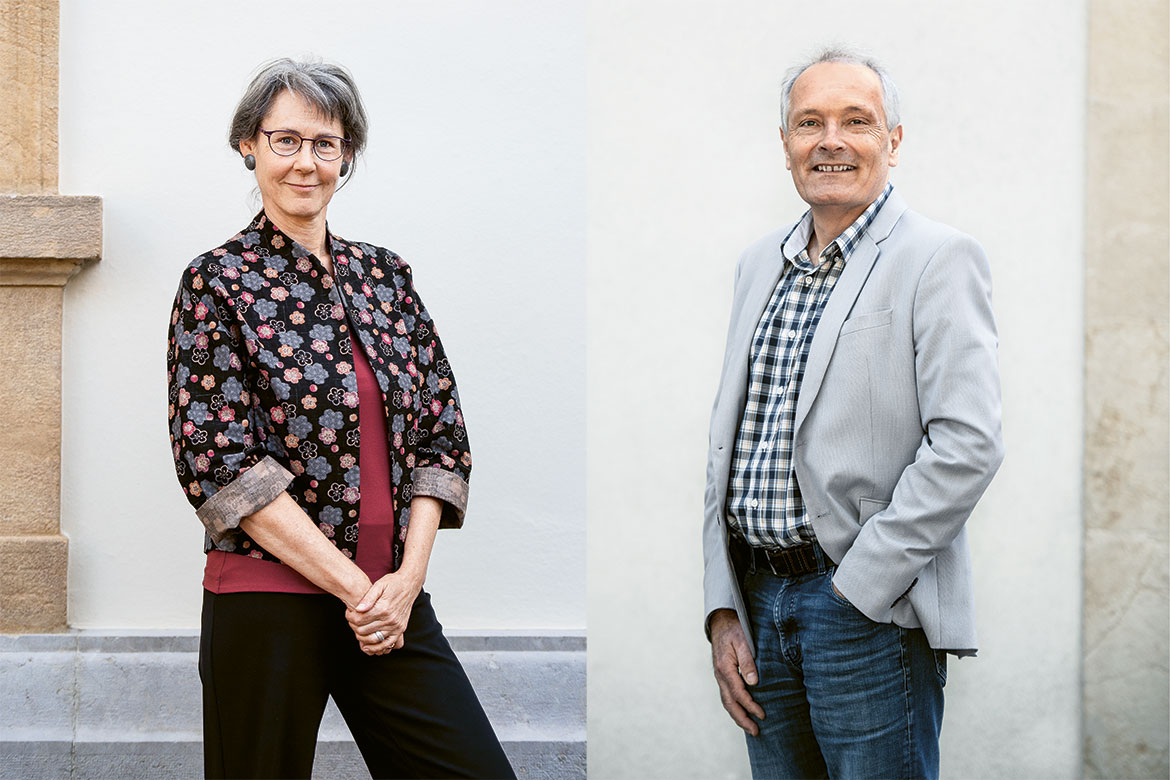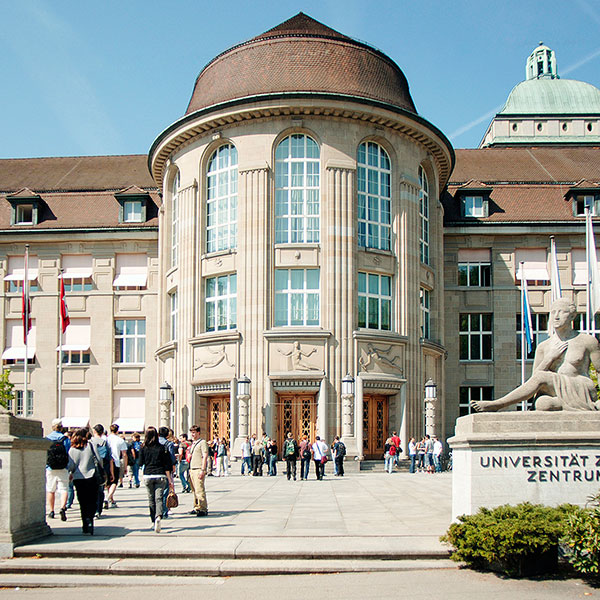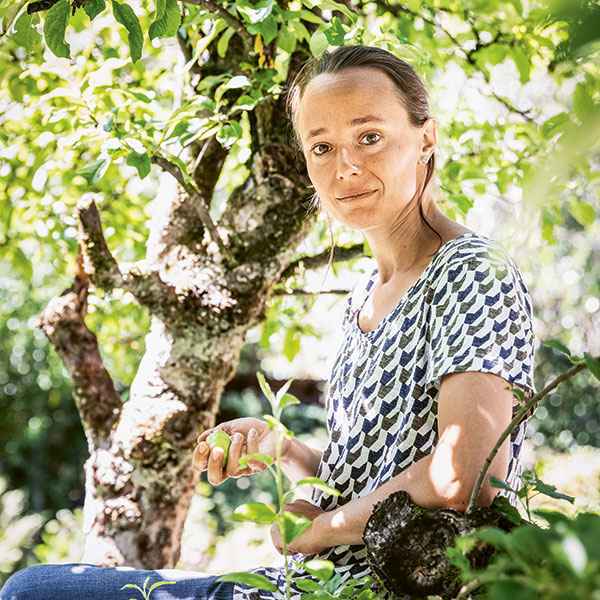Horizon Europe
The impact political squabbles have on research
Project funding in early phases of development, sharing ideas on political solutions, and a global approach to innovation: Researchers here put a human face on the cooperation between Switzerland and the EU. We hear from four worried scientists.
“ERC grants are enormously important in funding the early phases of development”
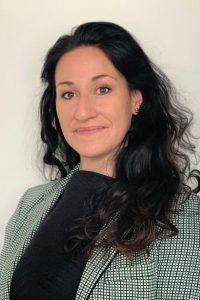
The molecular biologist Deana Mohr-Haralampieva of the University of Zurich is coordinating the Horizon 2020 project MUSIC, which is developing a treatment for incontinence. She is the head of a team whose members come from five European countries. She recalls the moment that they were awarded their grant in 2016: “It was very tricky”. The Mass Immigration Initiative had meant that, from a Swiss perspective, their project stood on the brink. As the manager of a spin-off company, collaboration with Europe is essential to her: “The potential commercialisation of research ideas can only come about through multidisciplinary collaboration. This is often only financed by ERC grants. They are enormously important in funding the early phases of development”.
“Federal agencies, foundations and local authorities all benefit from these international, comparative studies”
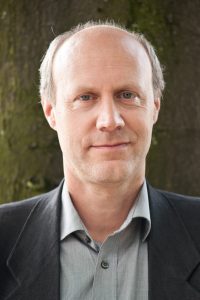
Matthias Drilling is researching into poverty and homelessness. He is a professor at FHNW and is participating in a COST programme that serves to promote networking among researchers in Europe. These programmes are partly funded by Horizon 2020 and Horizon Europe. Drilling is also utilising independent programmes such as ‘Croatian-Swiss Research’. “The federal agencies, foundations and local authorities that we advise all benefit from these international, comparative studies”, he says. For example: “Homelessness was a blind spot in Switzerland until just a few years ago. It’s only thanks to international cooperation that we today have national statistics about it and can develop a practice-based social policy that is commensurate with the problem”.
“We would lose all collaborative projects”
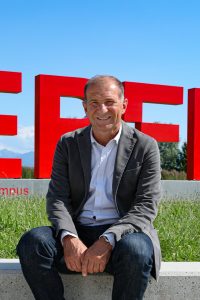 The plasma physicist Ambrogio Fasoli is the Chair of the General Assembly of EUROfusion, the European Consortium for Development of Fusion Energy, which organises fusion research in Europe at the behest of Euratom. He also heads the Swiss Plasma Center at EPFL. The role of Switzerland in the EUROfusion consortium is a decisive one, he says: “I can’t imagine not being embedded in the European system. We would lose all collaborative projects that are essential to our global activities”. What’s more, it’s through their association with Euratom that EPFL and Switzerland are also partners of the worldwide ITER project that aims to demonstrate the scientific feasibility of fusion energy. Not the least of the negative consequences would be the financial loss to EPFL and its Plasma Center, because they receive CHF 7–8 million each year thanks to their association with Europe and ITER.
The plasma physicist Ambrogio Fasoli is the Chair of the General Assembly of EUROfusion, the European Consortium for Development of Fusion Energy, which organises fusion research in Europe at the behest of Euratom. He also heads the Swiss Plasma Center at EPFL. The role of Switzerland in the EUROfusion consortium is a decisive one, he says: “I can’t imagine not being embedded in the European system. We would lose all collaborative projects that are essential to our global activities”. What’s more, it’s through their association with Euratom that EPFL and Switzerland are also partners of the worldwide ITER project that aims to demonstrate the scientific feasibility of fusion energy. Not the least of the negative consequences would be the financial loss to EPFL and its Plasma Center, because they receive CHF 7–8 million each year thanks to their association with Europe and ITER.
“Alternative possibilities for transnational research would become even more important”
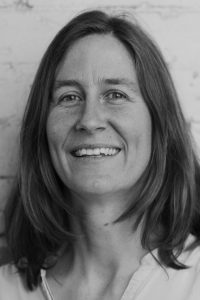
Silke Adam is researching at the University of Bern on political communication in the digital age and in an international comparison. Together with Michaela Maier of the University of Koblenz-Landau in Germany, she is currently heading a project that is financed as part of the DACH programmes of the SNSF and the German Research Council. Although her research is almost always transnational in scope, up to now, she has not worked within the research framework programmes of the EU. Nevertheless, “Without Horizon Europe, a funding vehicle that makes international collaboration easier would disappear. In concrete terms, in my case this means that alternative possibilities for transnational research, such as the DACH programme, would increase substantially in importance”.
Photos: zVg


